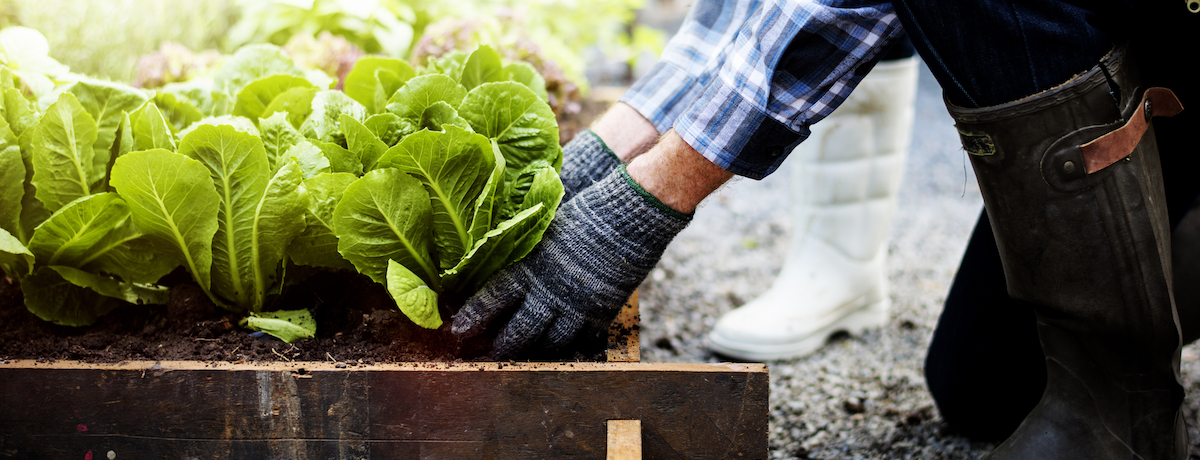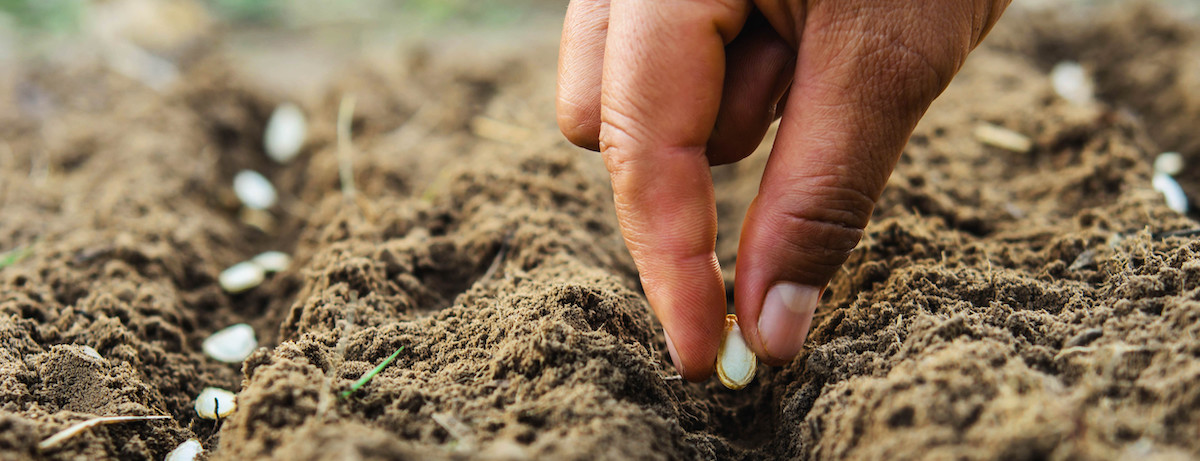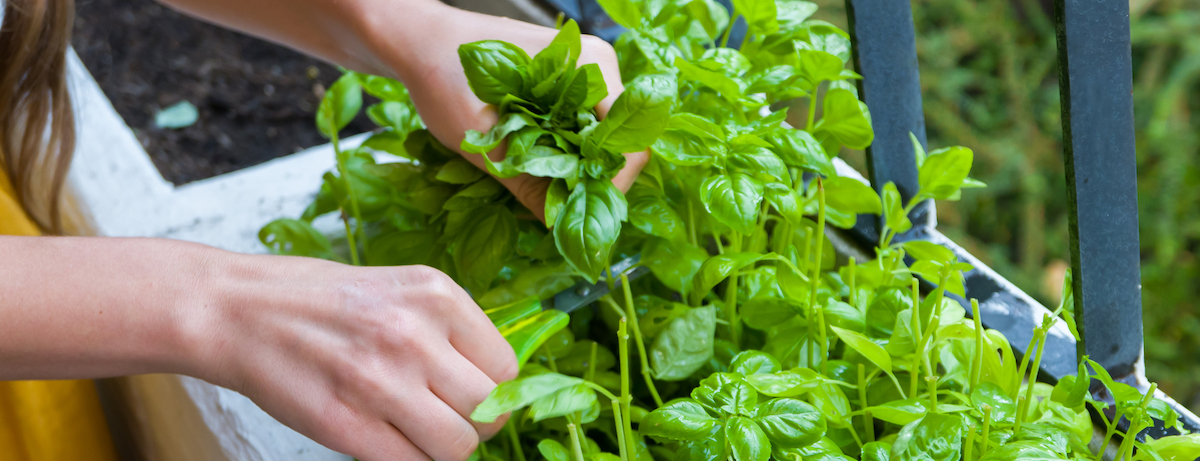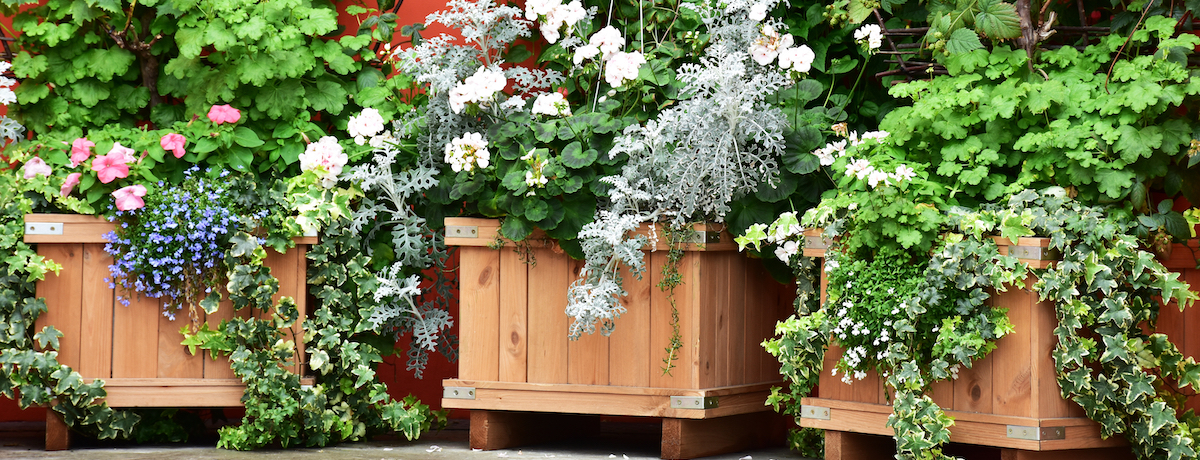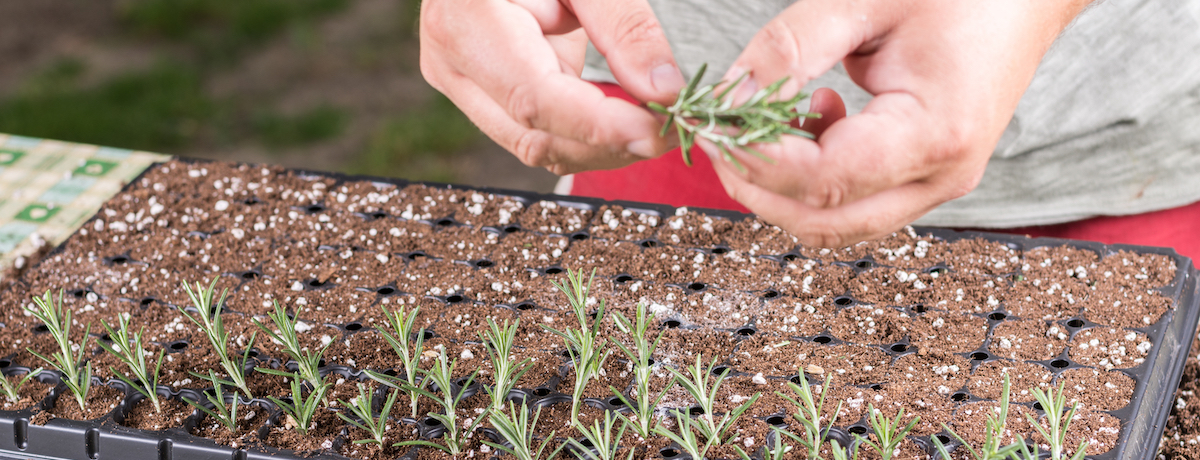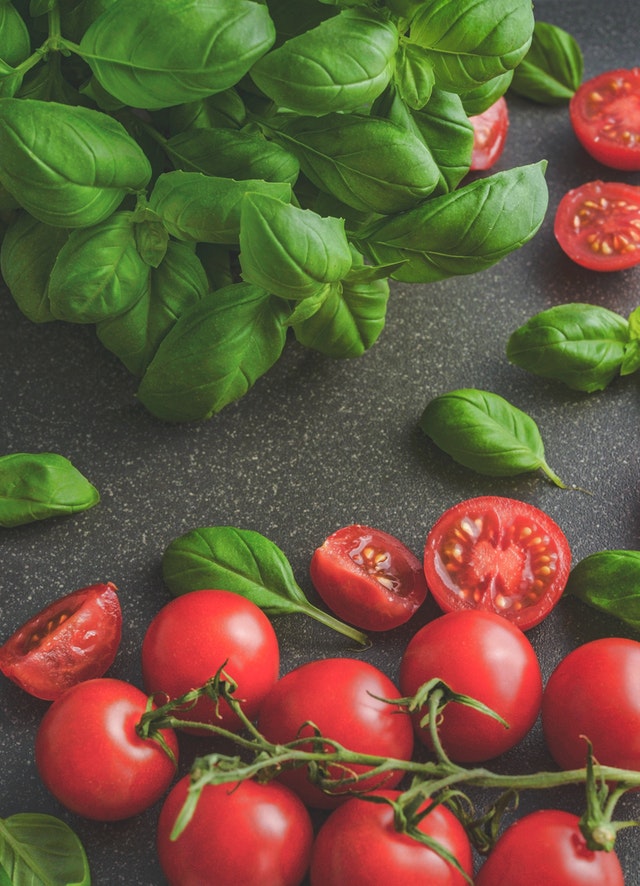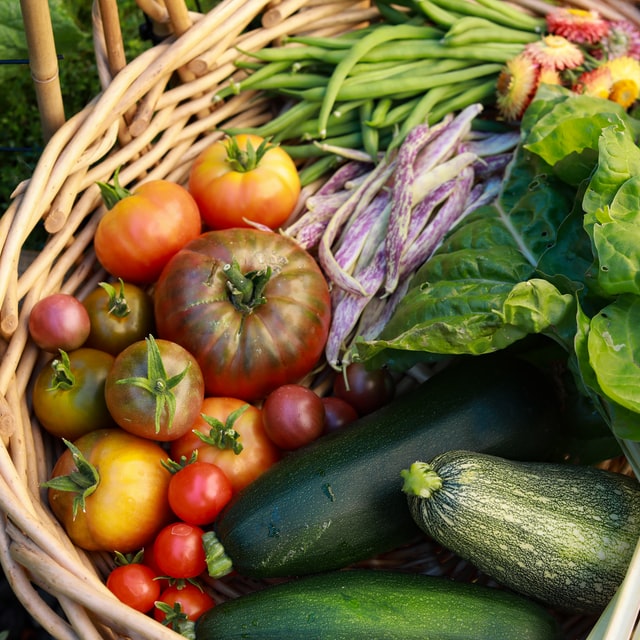Wondering which vegetables to grow in winter? The fact is, growing winter vegetables is not as difficult as you think. But to get it right, you’ll want to know the right plants that do well in the cold weather and which ones can thrive in your climate.
Basically, there are vegetables that do well in certain climates and fail in others. For example, vegetables that grow in tropical areas may not do well in a cool climate.
This article has all the information you need to successfully grow vegetables in winter. But if you want to get back to basics, take a look at this beginner’s guide to gardening.
Winter Vegetables That Do Well in Cool Climates
In areas such as Tasmania and Victoria which have a cool winter climate, you can grow these winter vegetables:
- Cabbage
- Onions
- Turnip
- Beetroot
- Potatoes
- English spinach
- Broad beans
- Carrots
- Silverbeet
- Leeks
- Chinese cabbage and broccoli
- Cauliflower
For the best results, plant these vegetables in a place where they will get full sunlight.
Temperate Region Winter Vegetables
Some winter vegetables that you can grow in places such as the coastal part of New South Wales and some parts of Victoria include:
- Peas
- English spinach
- Green beans
- Broad beans
Dry Area Winter Vegetables
The temperatures in the dry inland parts of Australia can dip, but you can still grow a number of vegetables. Some of the vegetables that do well in the dryer areas include:
- Turnips
- Spinach
- Broccoli
- Peas
- Brussel sprouts
- Lettuce
- Cauliflower
For better maintenance of the plants and to preserve water, grow the vegetables in pots and cover the soil with mulch to retain as much moisture as possible.
Winter Vegetables for Subtropical Areas
There are vegetables that do well in subtropical areas such as southeast Queensland and northern New South Wales. The vegetables that flourish in these areas are:
- Peas
- Shallots
- Turnips
- Radishes
- Spinach
- Broccoli
- Broad beans
- Lettuce
- Onions
- Spring onions
Tropical Area Winter Vegetables
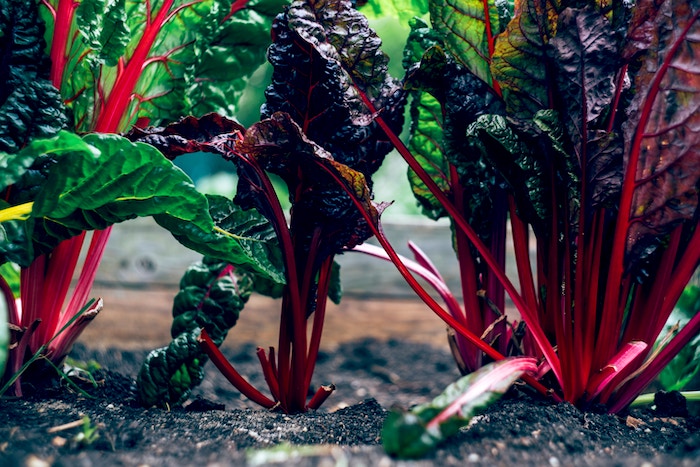
The tropical weather, wet or dry, is possibly the best for growing winter veggies. Some of the places with this type of climate include parts of Western Australia, the Northern Territories, and Northern Queensland. The vegetables that you can grow include:
- Zucchini
- Broccoli
- Lettuce
- Carrots
- Cauliflower
- Pumpkin
- Sweet corn
- Cabbage
- Tomatoes
- Sweet potato
- Beetroot
This is a favourable climate and you can grow these and many more vegetables.
Tips to Successfully Grow Winter Vegetables
Vegetables need as much sun as they can get regardless of the season. The sun is low during winter months, so your garden should be in an area that gets full winter sunlight. Take a look at your property and pick the area that gets the most sun.
The best way to plant a vegetable garden is to plant your veggies in rows with each variety in its own row. You can also opt for a winter vegetable container garden.
To prevent pest infestation, you can plant herbs that are known to repel garden pests. Some of the herbs that emit a pungent smell and repel pests include sage, basil, lavender, and oregano. The smell is so strong that many pests cannot stand them. Other herbs taste terrible and pests avoid them at all costs.
The process of planting different plants to obtain specific benefits such as pest repelling is called companion planting. This is an age-old practice that also improves the health of plants. For example, if you live in a cool area, plant peas and broad beans together. If you live in Western Australia or other tropical areas, plant tomatoes mixed with carrots and beans.
Avoid using chemicals and herbicides to grow healthy and organic vegetables. Growing an eco-friendly garden is easy and features the following steps:
- Create fertiliser from compost
- Use mulch or a drip irrigation system to control water usage
- Learn how you can attract friendly insects and birds to control garden pests
- Apply companion planning
Regardless of the size of your garden, you can grow winter vegetables that do well in your climate. Plant the vegetables close together for a big harvest.
Those with small yards or the only space that is available is on the balcony can also grow winter vegetables.
How? By planting the vegetables in pots and crates. Peas and beans are a perfect example of vegetables that use up less space in your balcony.
The Best Time to Plant Your Winter Vegetables
Instead of planting all your vegetables at the same time, stagger them throughout the cold winter months and you will have a constant supply of fresh vegetables straight from your garden.
Want to Hire a Professional Gardener?
If you want the help of a gardening expert to grow winter veggies, head to Airtasker. You will find hundreds of skilled and experienced gardeners to help you create the perfect garden to grow winter vegetables. A professional gardener will also recommend the vegetables that grow in your climate and the best time to plant them.


